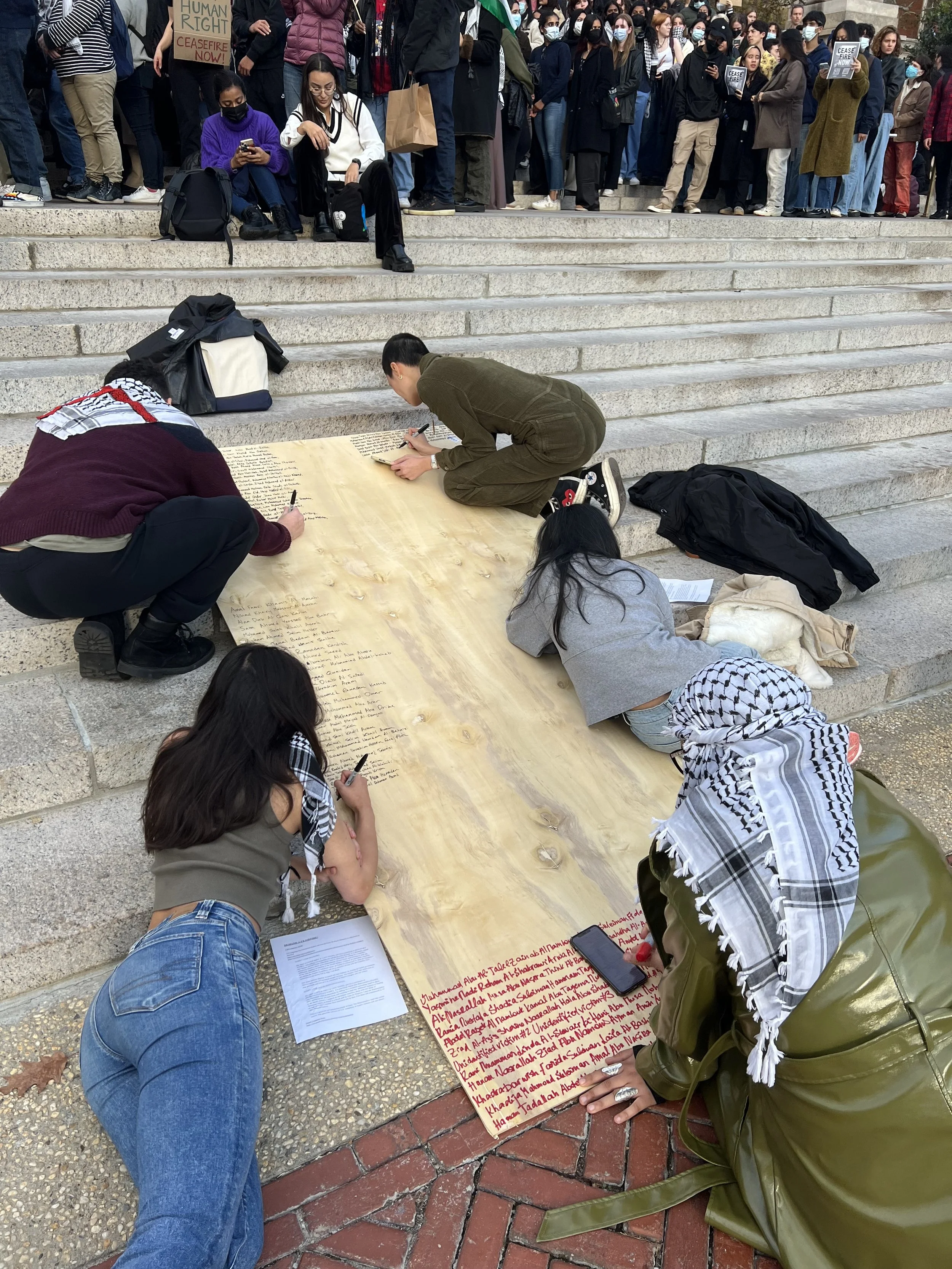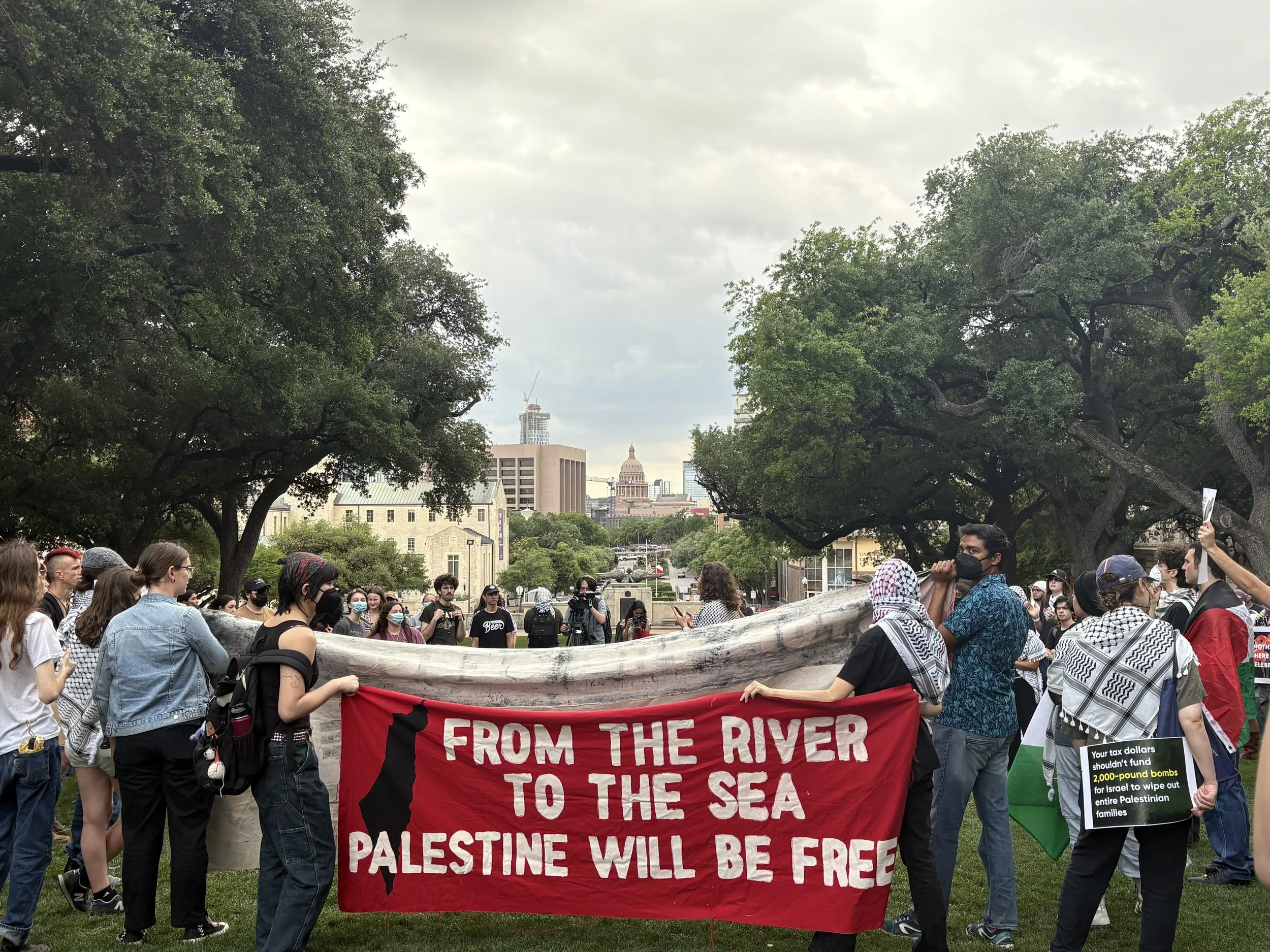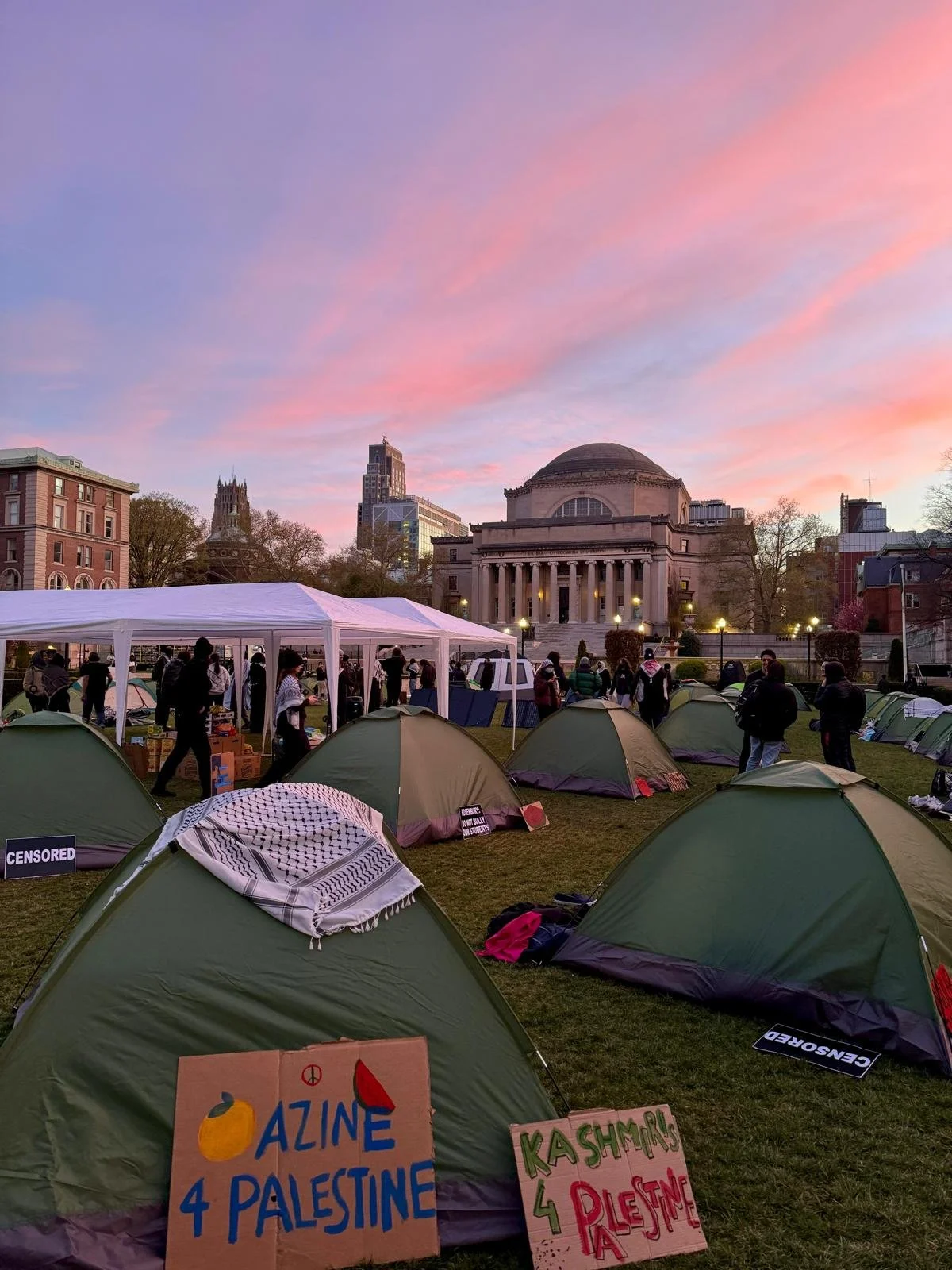There is no ordinary life during extraordinary violence
In the streets of New York, on an endless scroll on Instagram and X, and on multiple chats announcing protests, a phrase is repeated: “We will honor all our martyrs.”
Throughout my life, I have believed in the power of this promise, in its intention. But lately, as I sit on my phone watching entire families wiped off the registry in Gaza, legacies cut off before they could take root, the sheer impossibility of actually knowing—let alone honoring—every single martyr has begun to feel like a promise we can no longer hope to keep.
Attending the funeral of every person killed in Gaza would take three years of non-stop processions. Islamic practices dictate that we must clean and bury the dead without delay to grant them dignity in death. But how can we do that when the majority of our kin are already buried and decomposing under the rubble? Even the civil registry cannot keep up; 50,000 Palestinians are gone, uncounted for and unspoken. And beyond the names, the whole worlds they carried are destroyed. How can we remember what we never had the chance to know?
We know that Hossam Shabat, an Al Jazeera journalist killed by Israel, got dressed up before going out to report in case he saw his crush. We know that Khaled Nabhan delicately did his granddaughter’s hair before she was wrapped in her shroud, and was later martyred himself. We know that Hind Rajab wore a cap and gown at her preschool graduation, but how many of her classmates are now gone along with her, with no one to remember them? How many details did we miss? We have barely begun the work of "honoring" our martyrs. We are still at the surface, scratching at grief too vast to comprehend.
Read Samaa Khullar’s full article by downloading the edition, ordering a print copy or becoming a subscriber today!




